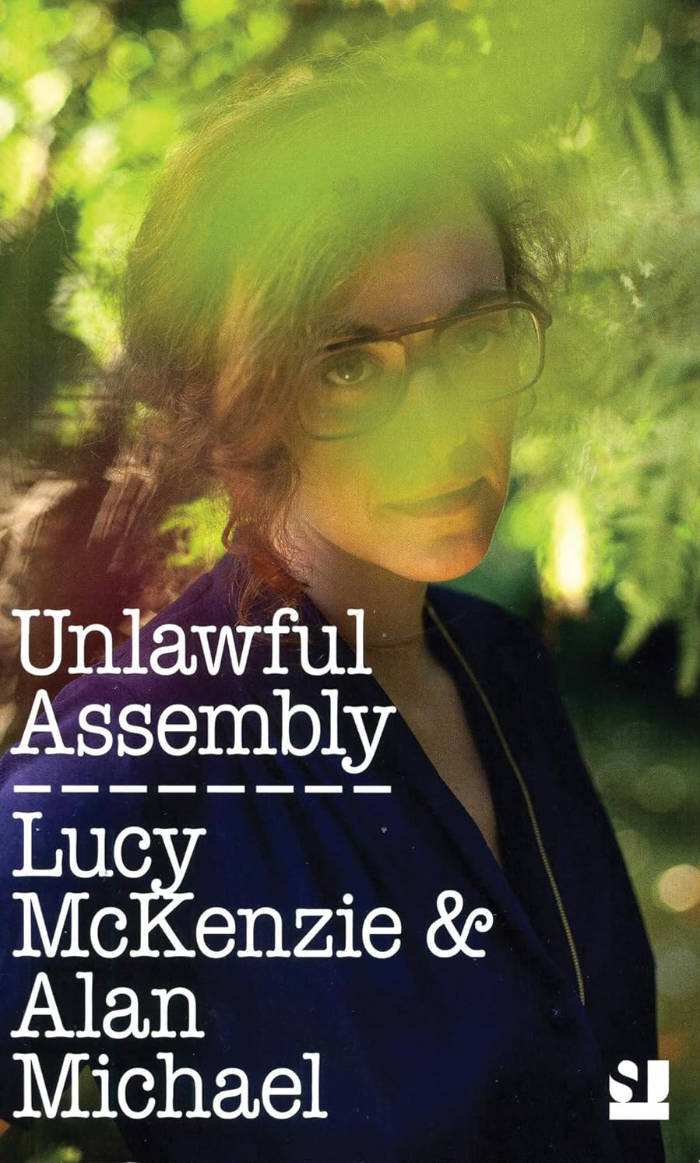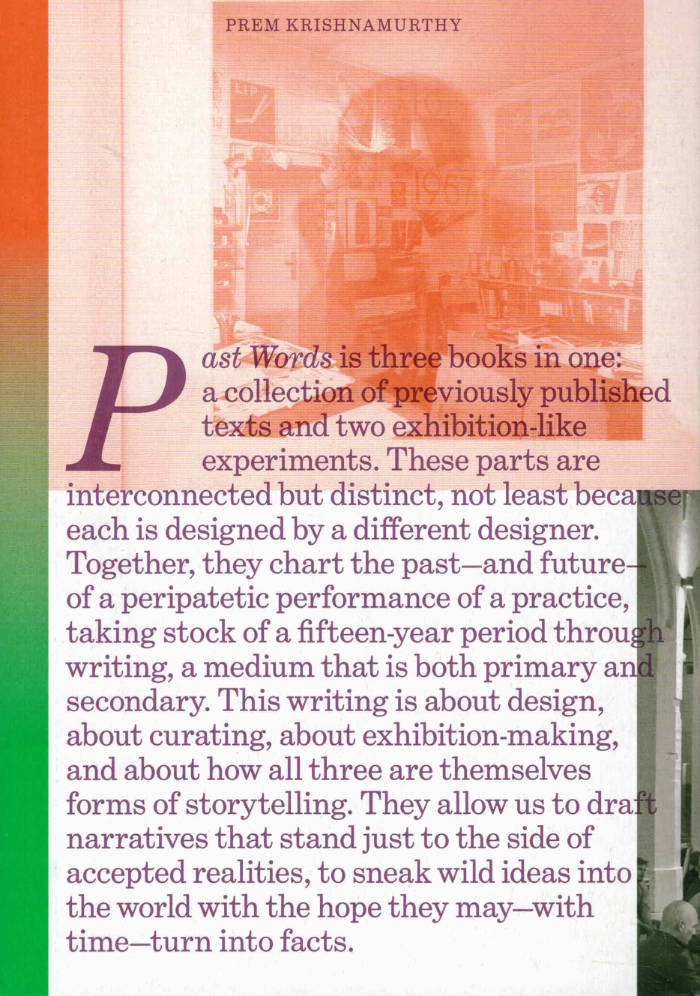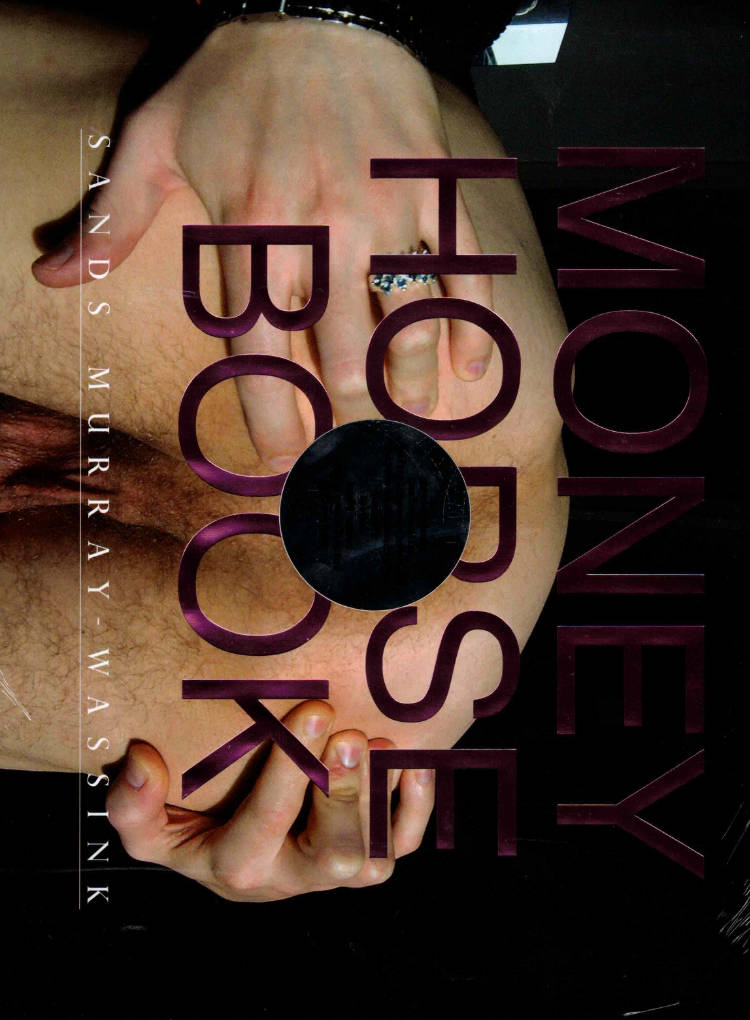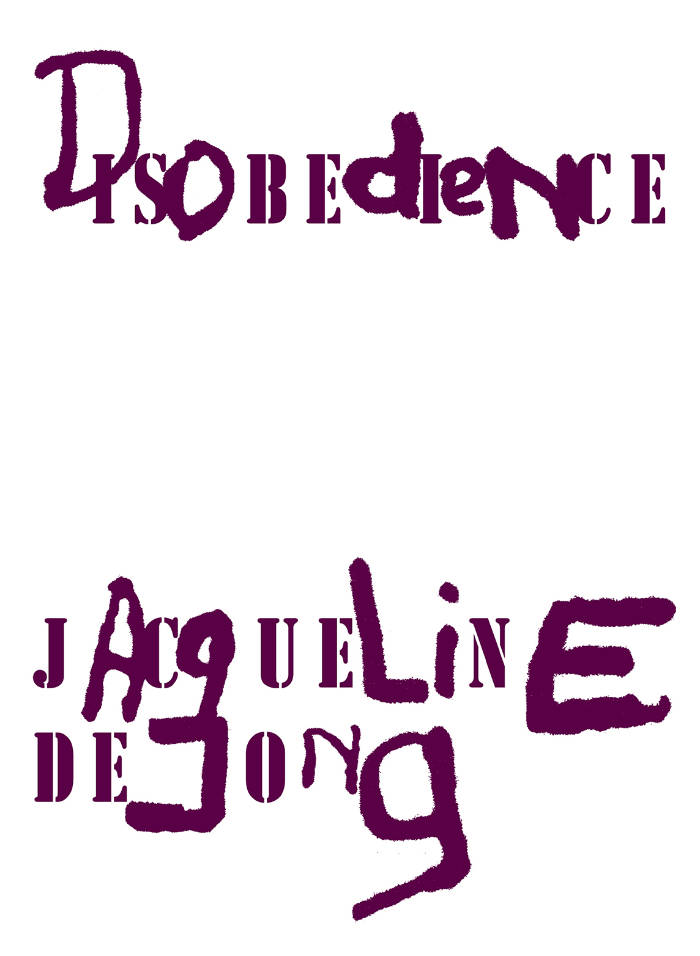
Verlag der Buchhandlung Walther König
Get Rid Of Meaning
American author Kathy Acker was one of the most influential writers of the 20th century. Working through an experimental and avant-garde tradition, she wrote numerous novels, essays, poems, and novellas from the early 1970s to the late 1990s. As a postmodernist, plagiarist, and post-punk feminist, she continues to inspire generations of writers, philosophers, and artists. Get Rid of Meaning is the first comprehensive publication on Acker’s work from an artistic and literary perspective. It includes previously unpublished material from Acker’s personal archive and other collections. The publication is the compilation of a multipart research project including an exhibition and a symposium at Badischer Kunstverein in Karlsruhe.
With contributions from: Kathy Acker, Eleanor Antin, Dodie Bellamy, Hanjo Berressem, Ruth Buchanan, William S. Burroughs, Anja Casser, Georgina Colby, Leslie Dick, Claire Finch, Johnny Golding, Lynn Hershman Leeson, Anja Kirschner, Chris Kraus, Sylvère Lotringer, Douglas A. Martin, Jason McBride, Karolin Meunier & Kerstin Stakemeier, Avital Ronell, Carolee Schneemann, Daniel Schulz, Matias Viegener & McKenzie Wark.







